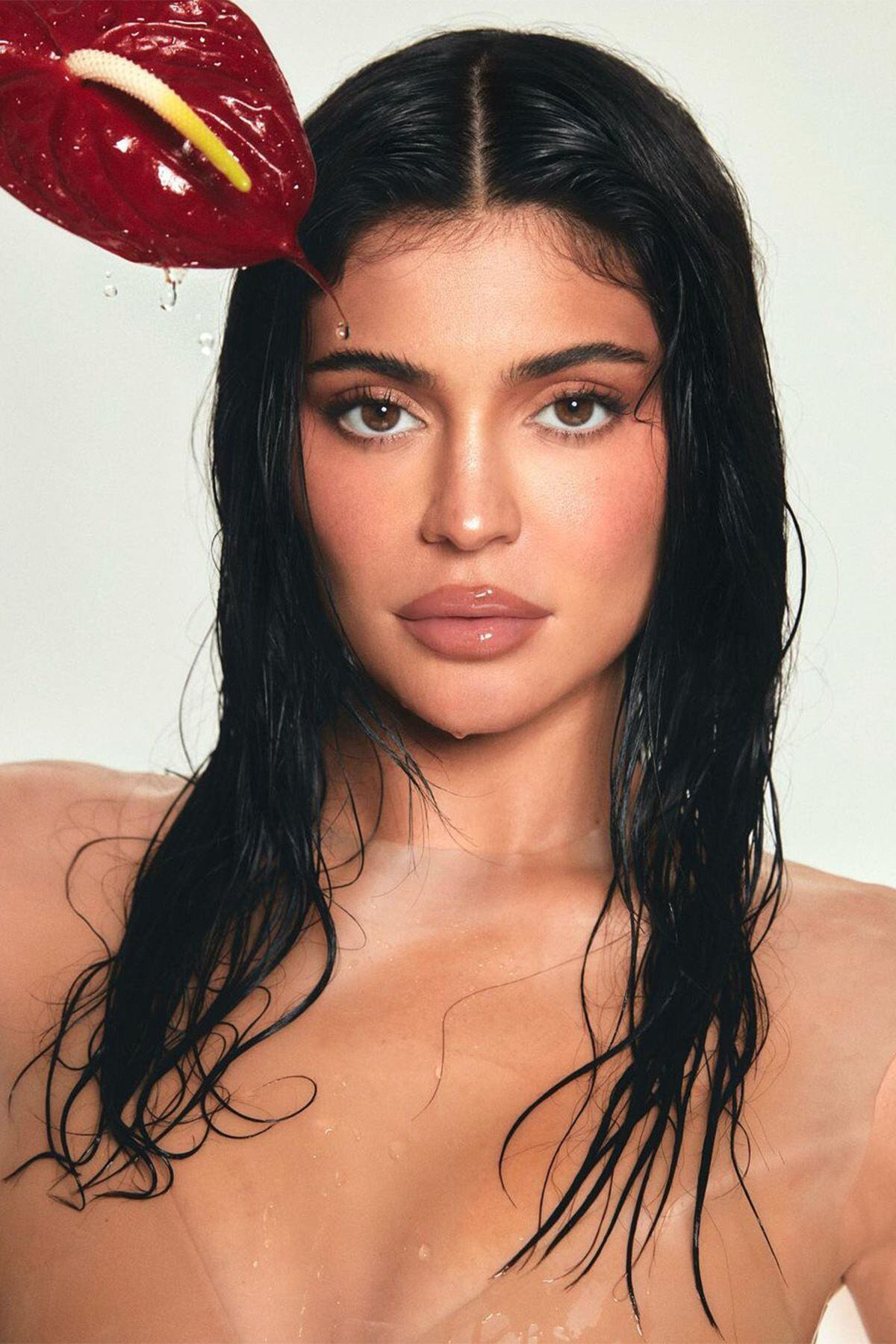For Celebrity Beauty Brands, a Cloudy Future
Two brands — one founded by a celebrity and the other by an influencer — dominated beauty headlines in the lead-up to Labor Day weekend, for two very different reasons.
On Aug. 29, The Business of Beauty reported that E.l.f. Cosmetics paid over $350 million for Naturium, the skin care line founded by influencer Susan Yara and The Center, a beauty brand incubator. Two days later, Bloomberg reported that Kylie Jenner “has explored” buying back Coty’s majority stake in Kylie Cosmetics, a month after it was rumoured that big sister Kim Kardashian was planning to do the same with her skin care line, SKKN.
The E.l.f. deal, the red-hot budget cosmetics company’s biggest to date, injects some badly needed optimism into the influencer beauty space, where creators are struggling to retain consumers’ trust (and their money). Exhibit A for the category’s troubles could be Jenner’s line. Coty paid $600 million for a 51 percent stake in 2020, when fans stampeded into Ulta Beauty locations across the US for the latest lip kit. Since the acquisition, there hasn’t been nearly as much hype around the line. (Coty and Jenner did not respond to requests for comment.)
Besides Yara, we have yet to see a celebrity or influencer line secure a big exit. Can this broken beauty model be fixed?
The early success of Kylie Cosmetics and Rihanna’s Fenty Beauty inspired countless internet celebrities, actors, singers and former Disney stars to start skin care or makeup labels. But Brad Pitt, Travis Barker, Ellen DeGeneres and Vanessa Hudgens have proven to be better celebrities than skin care gurus.
A few celebrity lines in the post-Fenty wave have developed into popular brands, including Selena Gomez’s Rare Beauty and, potentially, Hailey Bieber’s Rhode. A more common fate can be seen in Addison Rae’s Item Beauty, Hyram Yarbrough’s Selfless by Hyram and Manny Gutierrez’s (otherwise known as Manny MUA) Lunar Beauty, which were all dropped by Sephora. Then there’s the implosion of Morphe and its parent company, Forma Brands, the incubator that created lines in partnership with Jaclyn Hill, Charli D’Amelio, Emma Chamberlain (she formerly served as creative director of Bad Habit, a skin care label) and Ariana Grande. R.E.M. Beauty got a second lease on life when Grande purchased the brand’s assets back in early 2023, and industry veteran Michelle Shigemasa came on board as chief executive officer. The other brands are still available, but their future beyond selling through current inventory is uncertain.
Even Kylie Cosmetics, the pioneer of using social media to build a modern beauty brand in the Instagram era, still hasn’t figured out how to evolve in a TikTok-driven trend landscape — or beyond the aesthetic that led to her website crashing because of too much traffic nearly eight years ago.
The culling may have just begun. Biossance parent Amyris, which in August filed for Chapter 11 bankruptcy, is selling off its stable of celebrity brands, including Rosie Huntington-Whiteley’s colour cosmetics line, Rose Inc., hair care labels from Jonathan Van Ness and Tia Mowry and Naomi Watts’ menopausal skin care range, Stripes (the actress’ other venture, beauty retailer Onda, was closed by the conglomerate in August). Amyris’ consumer brand net sales dropped from $175.5 million in 2022 to $59 million as of June 2023.
Consumers have become increasingly disenchanted by the notion of famous people hawking their beauty products, especially when A-listers, who have never talked about their beauty routines publicly, all of a sudden launch exorbitantly expensive products.
There are a few influencers who truly wish to be intimately involved in their companies, but generally, the idea of a celebrity founder — and especially the positioning of this group as founders, creative directors and CEOs — is largely a farce. If all it took was adding a celebrity megaphone to supercharge a brand, there would be far more successes and M&A activity in the space.
Maybe it’s time to rethink the relationship between beauty brands and influencers.
Prices have quietly come down in some cases; Pitt’s Le Domaine now sells its serum, originally priced at $385, in “luxury” packaging for $275 and an “essential” version for $242, minus the hand-carved oak topper.
For Yara, an amalgamation of strong executive leadership (The Center founder Ben Bennett and Naturium CEO Francois Bonin, who came from LVMH and Tatcha); her expertise in skincare; not being categorised as “clean” amidst category backlash; masstige prices, a mastery of Tiktok and good timing all helped Naturium become the exception. Some luck probably helped, too. (Naturium managed to thrive despite the early controversy surrounding Yara’s initial failure to disclose her involvement with the brand.)
For everyone else, there’s a vast middle ground celebrities could occupy, where they amplify a brand without posting for photos in a lab coat. Instead of the “I didn’t just want to create another celebrity beauty brand” narrative, accompanied by a portrayal of “running a company,” why not attach a celebrity as an investor or advisor?
And there’s always the old school route, still the preferred approach of fragrance, where celebrities’ involvement begins and ends with their ad campaigns. Sometimes, there’s nothing wrong with just being a famous face.


